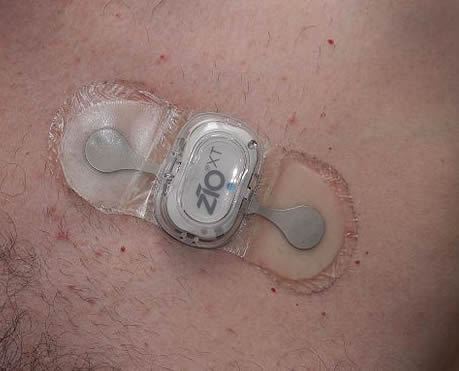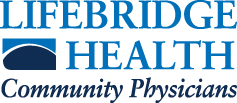What is a Cardiac Event Monitor?
In the past, when patients complained of skipped or rapid heartbeats (called palpitations), or had symptoms of lightheadedness or passing out (called syncope), a one-day device called a holter monitor was applied and then analyzed. They were much more useful than a simple EKG which records 12 seconds of a patient’s heart rhythm in that we could see beats over 24 hours. Unfortunately what causes palpitations and syncope usually take more than 24 hours to diagnose.
A cardiac event monitor, unlike a holter monitor can be worn for up to 2 weeks to give us a much more complete picture of one’s heart rhythm that helps us determine if there is something to treat or not and whether symptoms are likely to recur.

One such monitor, a Zio patch, is placed with an adhesive backing, requires no wires and can get wet meaning one can shower without having to take it off. These monitors have become invaluable in helping the Cardiologist to determine whether treatment is necessary or whether the sensation of extra heart beats, which everyone has from time to time, can simply be ignored.
Special situations in which event monitors can help with treatment.
In patients who have had strokes or TIA (transient stroke-like symptoms) event monitors are used to determine if there is atrial fibrillation, an underappreciated cause of blood clotting that can result in strokes when other causes have been excluded.
In patients who go in and out of atrial fibrillation without feeling it, something called PAF (paroxysmal atrial fibrillation) 1 or 2-week event monitors are invaluable.
How about in some patients in which 1 or 2 weeks of monitoring is not enough?
Occasionally symptoms such as syncope or PAF as a cause of stroke are so infrequent that the 2 week maximum for an event monitor is not enough. In that instance implantation of as mall device smaller than a computer flash drive called a Loop Monitor is advised. This requires minor surgery and can be worn indefinitely since it is implanted under the skin.
For more information about cardiac event monitors or our full range of comprehensive cardiovascular services, you may call us at 410-469-4000 or contact one of Woodholme’s three Baltimore cardiologist locations.

